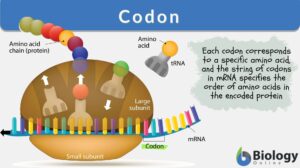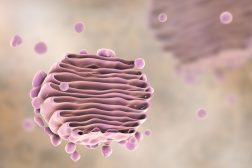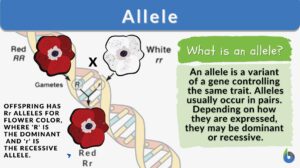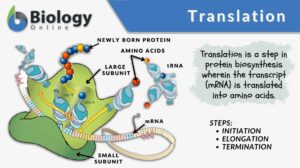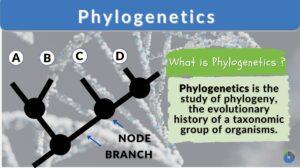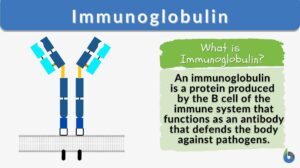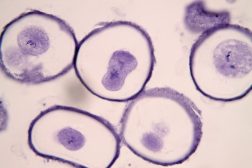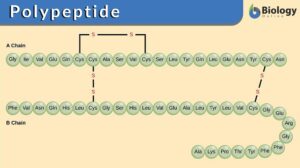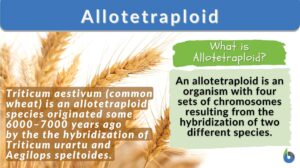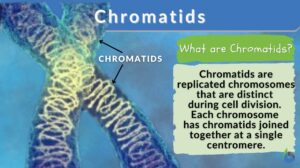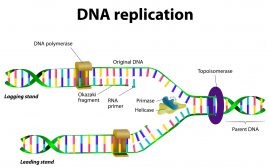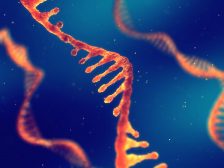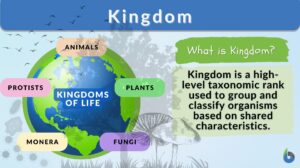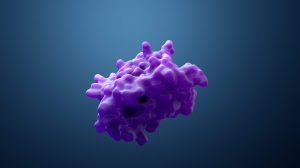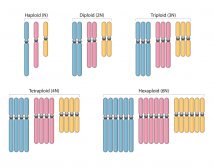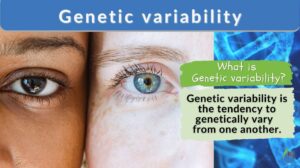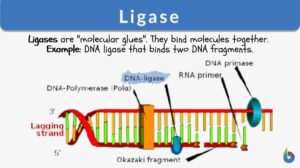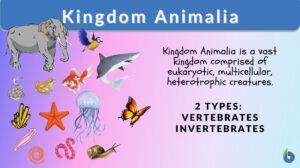Search Results for: unique sequence
Unique Sequence
A genetic sequence of DNA that is unique, and therefore does not appear anywhere else in the... Read More
Role of Golgi Apparatus & Endoplasmic Reticulum in Protein Synthesis
Continued from the previous tutorial that introduces protein synthesis... mRNA and tRNA mRNA leaves the nucleus and enters... Read More
Nucleic acid
Nucleic Acid Definition A nucleic acid refers to any of the group of complex compounds consisting of chains of monomers of... Read More
Y chromosome
Y chromosome Definition The Y chromosome constitutes one member of the pair of sex chromosomes within an organism, a common... Read More
Translation
Translation, in general, is the conversion of something into another form, such as a word from one language to another. But... Read More
Phylogenetics
Phylogenetics Definition Phylogenetics is the scientific study of phylogeny. It studies evolutionary relationships among... Read More
Immunoglobulin
Immunoglobulin Definition An immunoglobulin is a globulin molecule produced by the immune cells, for the body's defense... Read More
Microsatellite
Definition noun, plural: microsatellites (molecular biology) A tandem repeat ranging in length from 1 to 6 base pairs,... Read More
Nucleosome
Nucleosome Definition Every organism is made of deoxyribonucleic acid, also known as DNA. DNA is made up of numerous... Read More
Inherited traits
What are Inherited Traits? The characteristics or traits that are passed from parents to offspring are known as inherited... Read More
Meiosis – The Genetics of Reproduction
The genetic information found in DNA is essential in creating all the characteristics of an organism. This remains the case... Read More
Polypeptide
Polypeptide Definition Biology What are polypeptides? A polypeptide is defined as a polymer of amino acids joined together... Read More
Allotetraploid
Allotetraploid Definition An allotetraploid is an organism with four sets of chromosomes (4n). This is in contrast to the... Read More
Chromatids
Chromatid Definition Chromatids are found inside our cells. Chromatids are condensed chromosomes distinguishable during... Read More
Chemical Composition of the Body
In order to fully understand the mechanisms of human physiology, it is important to have an understanding of the chemical... Read More
Golgi apparatus
Golgi Apparatus Definition The Golgi apparatus is a membrane-bound organelle in eukaryotic cells. It plays a crucial role... Read More
Signature sequence
signature sequence short oligonucleotides of unique sequence found in 16S ribosomal RNA of a particular group of... Read More
DNA Structure & DNA Replication
Previous pages in this tutorial have described the basics of a cell, the energy required by these cells and how energy is... Read More
Protein Synthesis
If you have jumped straight to this page, you may wish to look at the previous tutorial about DNA, which gives background... Read More
Humoral immunity
Let’s get to know where one should place humoral immunity, the topic of today’s discussion!! By the end of the article,... Read More
Protein Variety
The sequence of amino acids determines which type of protein it is. It is synthesized from a DNA strand, each DNA strand... Read More
Phosphorylation
Phosphorylation Definition We can define phosphorylation as a biochemical process in which a phosphate molecule is added to... Read More
Primary structure
Definition noun (biochemistry) A structure of a biological molecule in which there is a precise sequence or order of... Read More
Polyploidy
Reviewed by: Mary Anne Clark, Ph.D.Polyploidy Polyploidy is defined as the state of being polyploid, which... Read More
Genetic variability
Genetic Variability Definition Genetic variability refers to the tendency of individual genetic characteristics in a... Read More
Mitochondrial DNA
Mitochondrial DNA Definition noun plural: mitochondrial DNAs The genetic material in the mitochondrion that carries code... Read More
Thermophile
Thermophiles Definition What are thermophiles? Let us first understand the literal meaning of the word ‘thermophile’.... Read More
Kingdom Animalia
Kingdom Animalia Definition Each person can say that they know of or can name at least one animal. However, do people know... Read More
Parasitism
Organisms depend on different sources of food to survive. Larger organisms like plants make their own food (autotrophs) and... Read More
Oxidoreductase
Definition noun, plural: oxidoreductase (biochemistry) An enzyme that catalyzes the transfer of electrons from an electron... Read More
